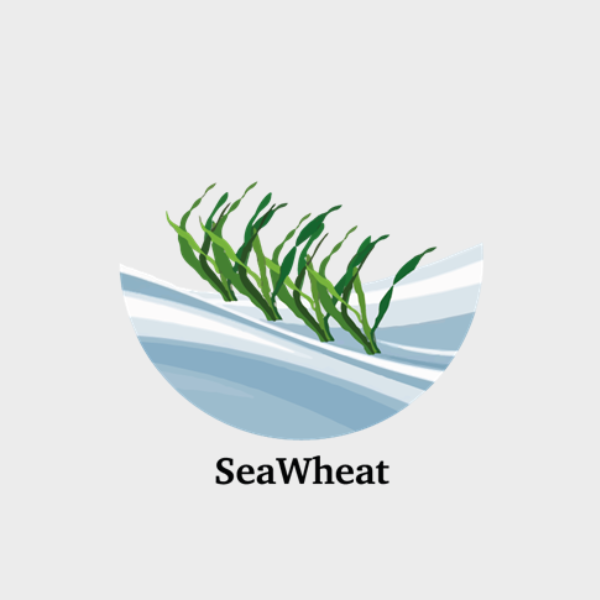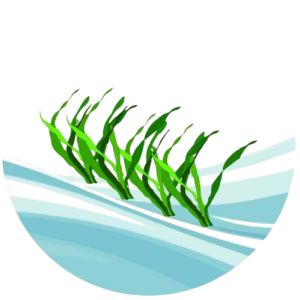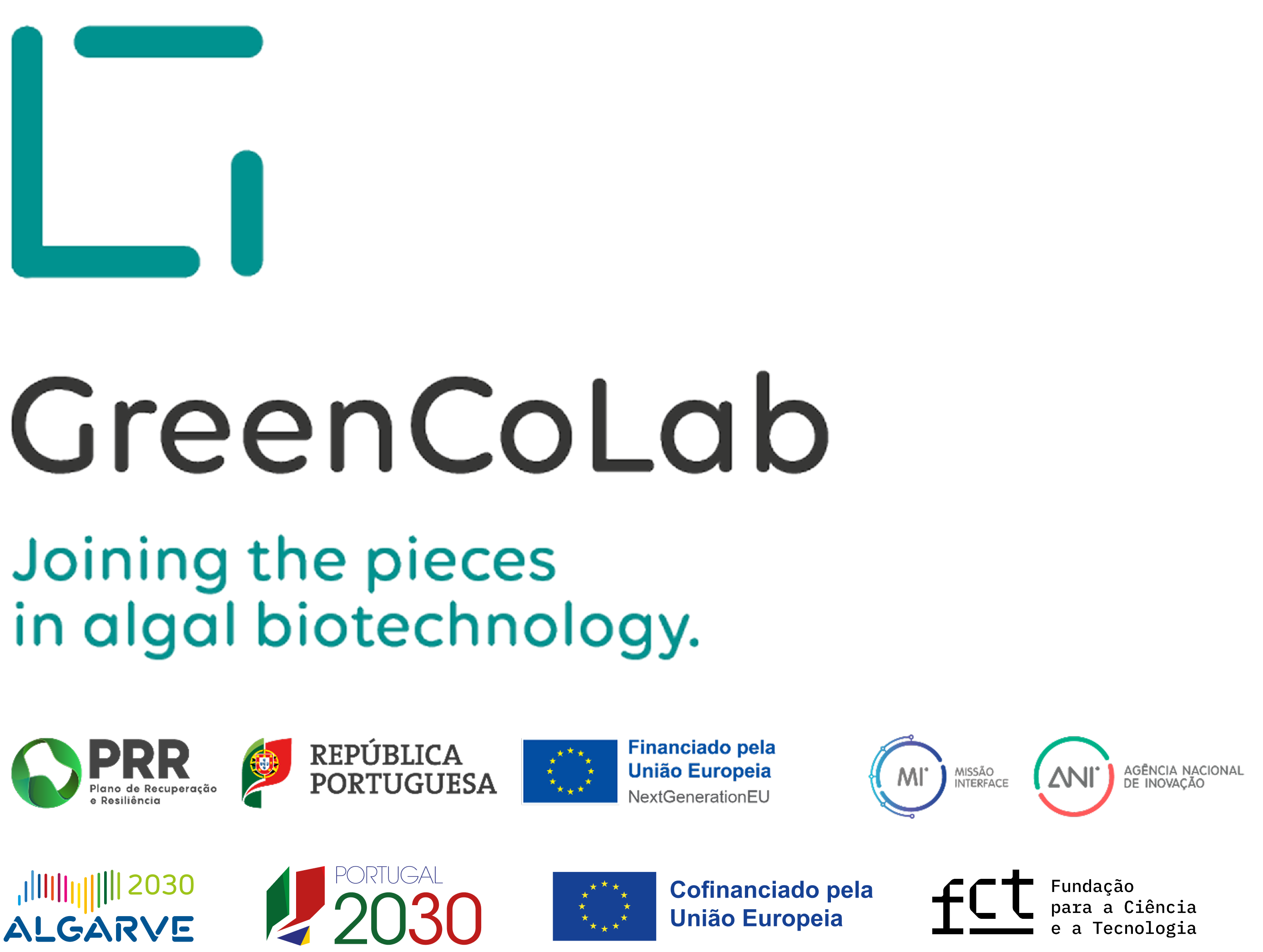
Description
A growing interest in the development of oceanic coastal shores has arisen over the past decade, seeking alternative sustainable food sources and other valuable products. Our initiative aims at exploiting the potential of marine seaweeds in Europe. Building on the successes of previous EU and pan-European projects on seaweeds, and due the unique characteristics of the genus Ulva (Linnaeus, 1753), we have identified these green algae as the most suitable candidate and model organism for a novel kind of European mariculture. Much of the knowledge on Ulva, generated in diverse scientific disciplines and different communities, is not easily comparable nor is it shared among scientists, stakeholders, end users and the public. This COST Action proposes an innovative conceptual pathway to address these issues, significantly improving knowledge in the biology of the most promising Ulva spp., capitalising on their economic potential, and exploring commercial applications in the human food, animal feed, pharmaceutical industries and ecosystem service. The COST Action combines interdisciplinary approaches to the sustainable use of marine resources, encompassing all the facets of Ulva biology, ecology, aquaculture, engineering, economic and social sciences. This Action will lead to the development of advanced science, create business and job opportunities in the maritime and coastal economies, and have a significant impact on societal welfare. This COST Action fulfils the current ‘Societal Challenges Priorities’ of European Horizon 2020 strategy for food security, and its application will contribute to the UN Sustainable Development Goals 14 (UNSDG) to conserve and sustainably exploit natural resources.
OBJECTIVES
- To create an efficient network, active in all aspects and disciplines related to Ulva biology, biotechnology, engineering, aquaculture, nutrition, bioactivity and social aspects. Stakeholders and end users will be part of it, so as to create all the conditions required for the development of Ulva-based blue biotech industries.
- To manage core activities in a way to ensure the essential sharing of information. Arrangement of newly acquired knowledge with known data and their re-evaluation will be made available to all the partners. Comprehensive cooperation consortia will be created to avoid parallel activities and maximise efficiency.
- To facilitate assimilation and broaden dissemination of the COST Action results. Transferring the acquired knowledge and technologies to the decision makers, regulatory bodies, NGO and end-users will support a sustainable aquaculture and create by-products and ecological services.
- To assist in the career development of Early Career Investigators (ECIs) and students, by introducing new opportunities in academia and various seaweed industry sectors.
- To ensure the essential sharing of information. The newly acquired knowledge will be made available to all the partners (scientists, end-users, policymakers, NGOs, and the public).
- To lay the foundations for future commercial applications (including cooperation with private enterprises).

ACRONYM
SeaWheat
COST ACTION
CA20106
MoU
046/21
STATUS
Active
START/END DATE
04/10/2021 – 03/10/2025
WEBSITE
https://seawheatcost.haifa.ac.il/
GCL’s INVOLVEMENT:
WG1, WG3, WG4, WG5
LEADER INSTITUTION
University of Haifa




